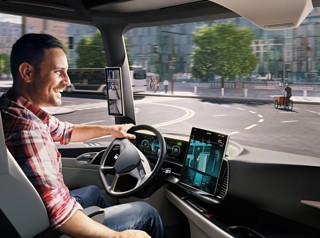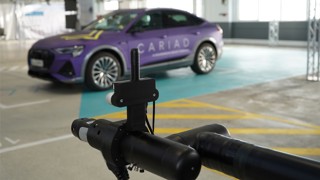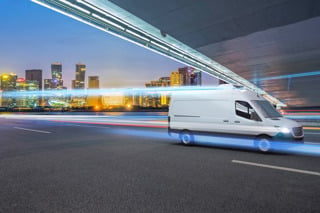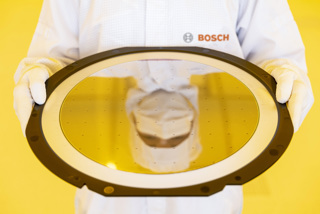Bosch has announced it will be leading a team of international technology specialists, in order to create more powerful vehicle computers.
The Amalthea4public project, which involves 21 partners worldwide, will help vehicles run more complex software needed for autonomous driving, by making them more “intelligent”.
Currently, new vehicles contain around 70 minicomputers, known as embedded systems. These systems monitor and regulate certain driving functions. The trend towards automated driving has meant that individual computers have to run more and more software, and the overall system is becoming considerably more complex, said Bosch.
According to Bosch, using several central processing units (CPUs) working in parallel gives embedded systems a major boost in computing power.
There are two types of parallel CPU systems: multi-core processors and many-core processors.
They differ by the number and connectivity of their cores: many-core processors usually have more than eight cores.
Multi-core hardware has been used in desktop computers for several years, while many-core hardware is considered to be a promising new technology for processing large volumes of data.
Currently, the programs that industry is using to develop embedded systems are not designed to incorporate parallel computing with multi-core and many-core processors.
To make optimum use of the new hardware, developers will have to divide the software up and assign it to the various cores.
The Amalthea4public project team is establishing a methodology for this and setting up a software platform. With the help of this platform, engineers will be able to efficiently develop multi- and many-core systems for their applications, said Bosch.
The demands placed on the new hardware and software are extremely high, especially regarding quality and safety. When it comes to automated driving, human lives ultimately depend on them, the company said.



















Login to comment
Comments
No comments have been made yet.